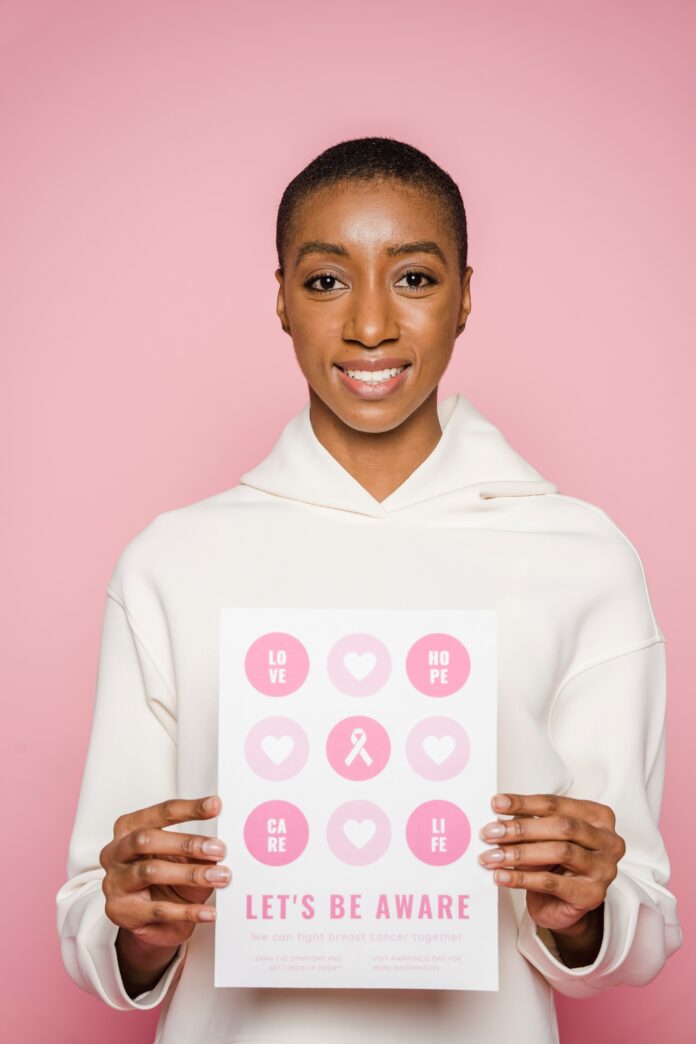
By
A new study suggests that Black women should begin breast cancer screenings at 42-years-old, challenging the long-standing recommendation by the U.S. Preventive Services Task Force for all U.S. women to start at age 50.
Scientists at the German Cancer Research Center and the National Center for Tumor Diseases who proposed the change believe it could save lives.
“Screening according to a ‘one size fits all’ scheme disadvantages women from certain ethnic groups,” Mahdi Fallah, a researcher at the Heidelberg, Germany-based institutions, said in a statement.
Black Women Are Twice as Likely to Die
Breast cancer is the most common cancer among women in the U.S. An estimated 13% develop the disease at some point in their lives.
Although Black women are slightly less likely than white women to develop it, they’re 40% or more likely to die — and at younger ages.
“Unfortunately, despite these enormous differences, no screening recommendations have been derived to date that are adjusted to the individual risks depending on the ethnic descent,” Fallah said.
Advocates suggest more women need to receive a mammogram to change these outcomes, but equally important is when the check-up is completed. The longer cancer goes untreated, the worse it gets.
The U.S. Preventive Services Task Force suggests women begin at age 50 to prevent adverse side effects, such as false positives or over diagnosis. For those at higher risk due to family history, screening in their 40s is an option.
Other organizations recommend getting started even earlier.
The American Cancer Society suggests between ages 45 and 54 as the standard. And the American College of Obstetricians and Gynecologists says start at 40.
For Black women, waiting until age 50 could be deadly. By that time, they’re dying from breast cancer twice as much as white women.
That’s why researchers are suggesting varying screening times based on race.
“Our findings suggest that the age for initiation of breast cancer screening in the U.S. should be adjusted based on ethnicity so that all women can benefit equally from screening,” Fallah said.
Fallah and her team came to their conclusion after analyzing data from 415,000 women who died of breast cancer between 2011 and 2020.
Black Women’s Bodies Are Not to Blame
Black women are often diagnosed with more advanced and aggressive forms of breast cancer, such as triple-negative and inflammatory.
Anna Lehrberg, a breast cancer surgeon with Henry Ford Health, stated on the organization’s site that “Black women with triple-negative breast cancer have higher rates of carrying a BRCA1 gene mutation — 35% compared to 15% in white women — which is passed down from parents.”
The BRCA1 trait increases a woman’s risk for breast cancer by 70%, but that genetic factor is not the only cause of the disease. Environment and lifestyle also play a significant role.
Systemic racism has forced Black women to live in neighborhoods overrun by chemical plants and gas stations. And the beauty and tobacco industries have pushed toxic products into the Black community for decades.
Only recently are companies being held accountable for the hundreds of thousands of lives lost or crippled by cancer-causing hair relaxers and cigarettes.
Lastly, inadequate access to breast cancer screenings and treatment contributes to breast cancer risk. Being uninsured or underinsured, lacking transportation, or fearing medical bias are all barriers that make accessing care a challenge for Black women.
“Thus, the substantial difference in mortality between Black and white U.S. women cannot be attributed solely to unequal access to screening,” Fallah said.


